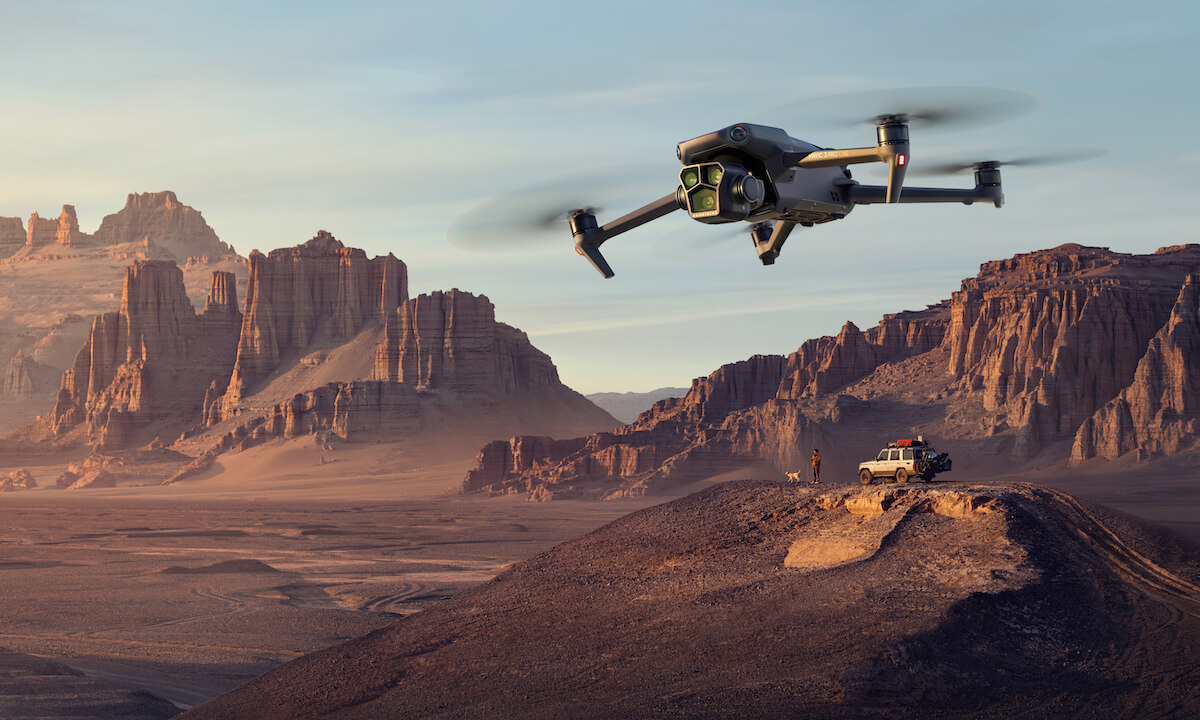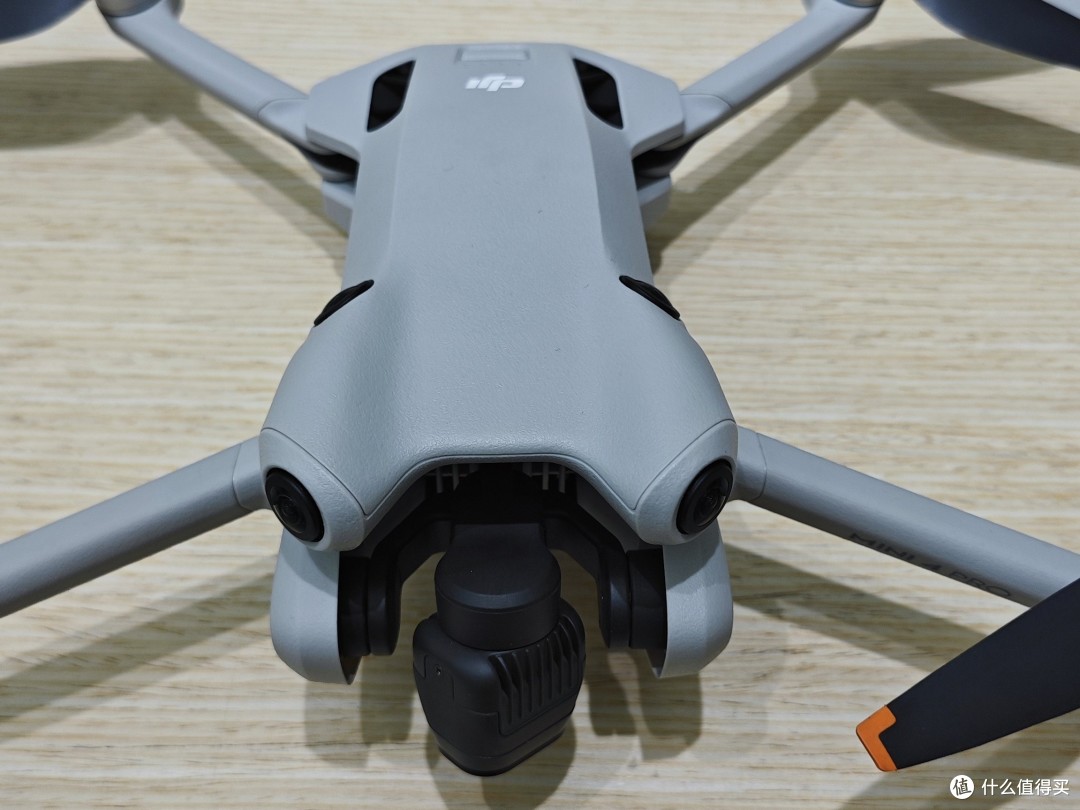Understanding Drone Registration Requirements in 2023
Drones have increasingly become a part of our daily landscape, from recreational use to essential tools in industries such as agriculture, filmmaking, and delivery services. As a result, it’s crucial to understand the drone registration requirements for 2023, ensuring that you are compliant and informed about the latest regulations.
Why Register Your Drone?
Registering your drone is not just a legal obligation but also enhances safety and accountability in the airspace. By having an official record of your drone, authorities can quickly identify the owner in case of misuse or accidents. The Federal Aviation Administration (FAA) mandates the registration of drones to promote responsible flying practices and maintain security.
Who Must Register?
In the United States, the FAA requires all drones weighing between 0.55 pounds (250 grams) and 55 pounds (25 kilograms) to be registered. This applies to both recreational and commercial drone pilots. However, drones weighing less than 0.55 pounds are exempt from registration unless they are used for commercial purposes.
Steps to Register Your Drone

- Create an FAA Account:
 To begin, visit the FAA’s drone registration portal and create a profile. This account will be linked to your registration details and can be used to renew your registration in the future.
To begin, visit the FAA’s drone registration portal and create a profile. This account will be linked to your registration details and can be used to renew your registration in the future. - Enter Your Drone Details: You will need to provide basic information about your drone, such as make, model, and serial number. This helps authorities identify your specific drone if necessary.
- Payment: For recreational users, the FAA charges a nominal fee of $5 for a three-year registration. For commercial operators, the fee structure may vary based on the scope and size of operations.
- Mark Your Drone: Once registered, you will receive a unique identification number. It’s essential to mark your drone with this ID in an area that can be easily accessed without tools. This ensures compliance during inspections and in case of an incident.
Consequences of Not Registering
Failure to register your drone can result in significant penalties, including civil fines and potential criminal charges. The FAA may levy fines up to $27,500 for civil violations and more severe consequences if your drone endangers public safety or security.
Special Considerations and Exemptions
Certain exemptions might apply to specific drones, especially those used by public entities or for educational purposes. If you belong to an organization or institution that uses drones for non-standard purposes, it’s advisable to consult with the FAA or legal counsel to understand your obligations.
FAQs on Drone Registration
- What if I sell my drone?
- If you sell or transfer your drone, it’s important to inform the FAA and update your registration details. This ensures the new owner is compliant with the registration requirements.
- Can drone registration be renewed?
- Yes, drone registration can be renewed every three years through the FAA website. Keeping your registration active is crucial for staying compliant with regulations.
- Do I need a license to fly my drone?
- While registration is mandatory, whether you need a drone pilot license depends on your operation purposes. A Part 107 certificate is required for commercial flying activities in the U.S.
Understanding the drone registration requirements is essential for anyone who owns or operates a drone, ensuring that flying remains a safe and enjoyable experience for everyone.
